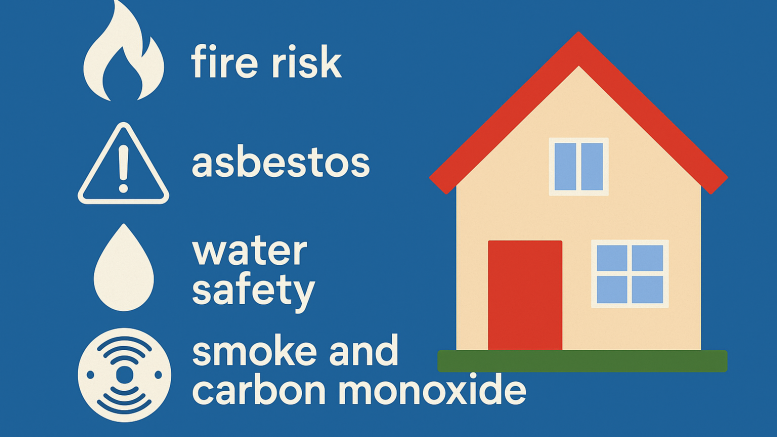The London Borough of Brent has been formally criticised by the Regulator of Social Housing for “serious failings” in its ability to meet basic health, safety and housing quality standards-just days after the council began inspecting privately rented homes to root out alleged poor conditions.
The stark regulatory judgement, issued in May, follows a self-referral by Brent Council in April, which triggered a formal investigation into the management of its own social housing stock. The council has now been issued a C3 consumer grade-signifying a severe breach of regulatory standards and the need for urgent remedial action.
At the heart of the criticism is Brent’s failure to verify the completion of thousands of safety actions, particularly those linked to fire risk, asbestos, water safety and the management of smoke and carbon monoxide. According to the regulator, this shortcoming has directly impacted service outcomes for tenants.
Double standards as council homes fall short
What makes the timing of this regulatory dressing-down particularly galling for landlords is that it comes just a week after Brent’s own housing enforcement team began a high-profile campaign targeting privately rented homes. Officers have been conducting door-to-door inspections across several wards, issuing warnings and fines to landlords suspected of non-compliance with safety or licensing rules.
Yet, the council’s own housing portfolio appears to be in far worse condition. During a spot check by the regulator, a significant number of fire safety actions-many of them classed as high or medium risk-were found to be uncompleted or undocumented, despite Brent claiming to have resolved 12,500 such issues in the past year.
“It is deeply concerning that a local authority enforcing safety compliance on private landlords has itself failed to uphold those same standards,” said Ben Beadle, Chief Executive of the National Residential Landlords Association (NRLA). “Good landlords who work hard to provide decent homes are being scapegoated while systemic failures in the social sector are brushed aside.”
The regulator’s statement is unequivocal: “Through our responsive engagement with LB Brent, we have found serious failings in its ability to meet these requirements and that these failings have negatively affected service outcomes for tenants.”
Council admits failure to meet basic standards
In addition to fire safety failures, the regulator noted that nearly half of Brent’s housing stock lacks up-to-date condition surveys. This directly contradicts the council’s own claims that 95% of its homes are supported by valid data. Without accurate surveys, Brent cannot guarantee compliance with the Decent Homes Standard-a core legal requirement that ensures homes are safe, warm and in a good state of repair.
“The standard also requires landlords to have an accurate, up-to-date and evidenced understanding of the condition of their homes,” the regulator noted. “Brent has not demonstrated that it meets these expectations.”
Faced with the findings, Councillor Fleur Donnelly-Jackson, Brent’s cabinet member for housing and resident services, issued an apology. “We take our responsibilities as a landlord very seriously and the council accepts that we have let tenants down in the areas outlined by the Regulator and for this we apologise unreservedly,” she said. “We have fallen short of our responsibilities.”
While the council claims to have “made real progress”-including launching a new “damp and mould squad” and holding estate-wide repair blitzes-many private landlords see this as an exercise in damage control, not genuine accountability.
Landlords question fairness
The scandal has prompted fierce questions about the consistency and fairness of enforcement actions across different housing sectors. Why should private landlords-many of whom own just one or two properties-be penalised heavily for minor infractions while a large public body escapes sanctions despite large-scale, potentially dangerous oversights?
“What’s good for the goose should be good for the gander,” said north-west London landlord Amarjit Kaur, who rents out three properties in the borough. “We’ve just paid hundreds for licensing renewals and been told we must follow every safety regulation to the letter. Meanwhile, the council’s own homes are missing fire checks and asbestos reports. It’s one rule for them and another for us.”
Private landlords have long voiced concern over what they describe as disproportionate enforcement and heavy-handed inspections, especially in London boroughs that are politically opposed to the private rental sector. Brent’s failings now raise fresh questions about whether council-led crackdowns are more about politics than tenant welfare.





